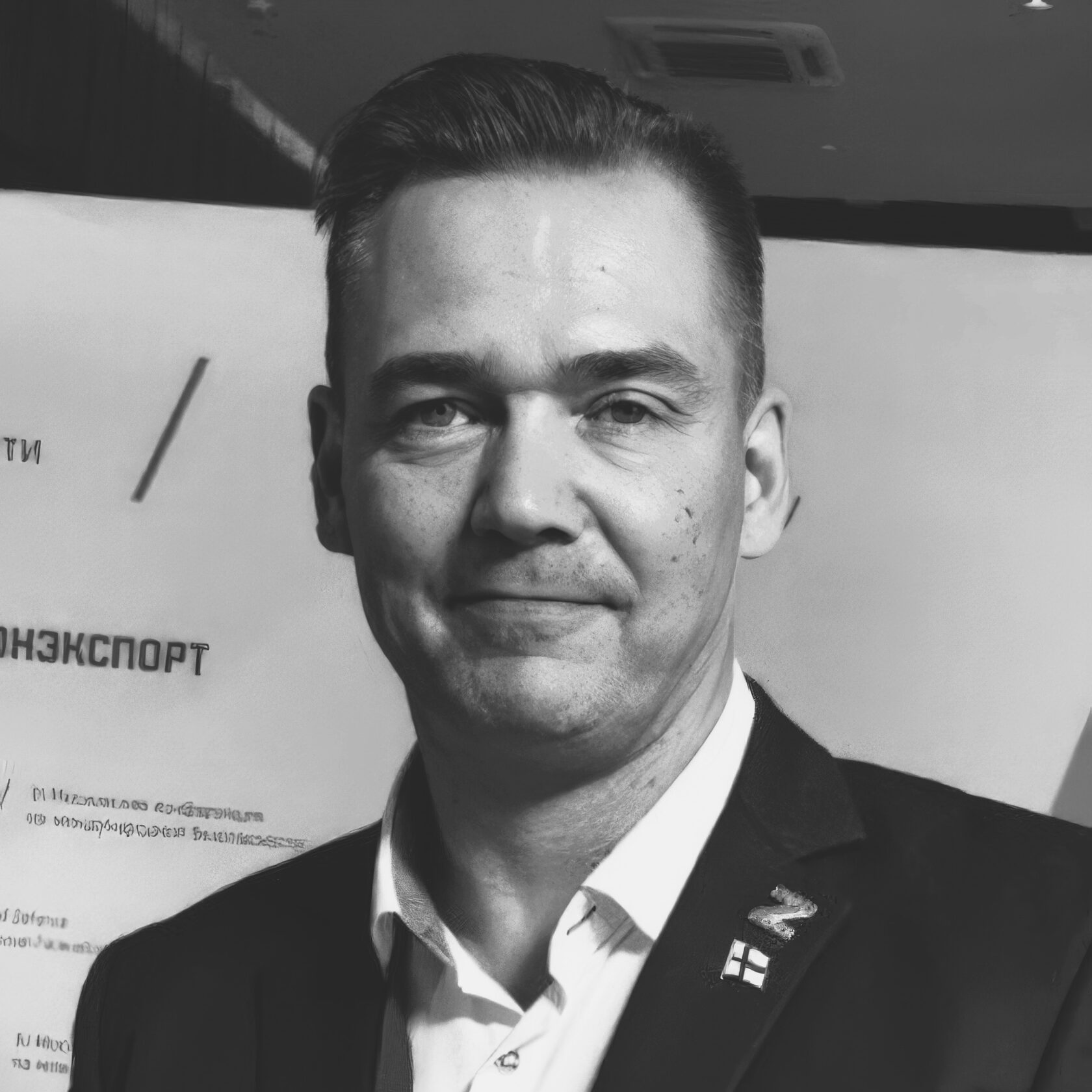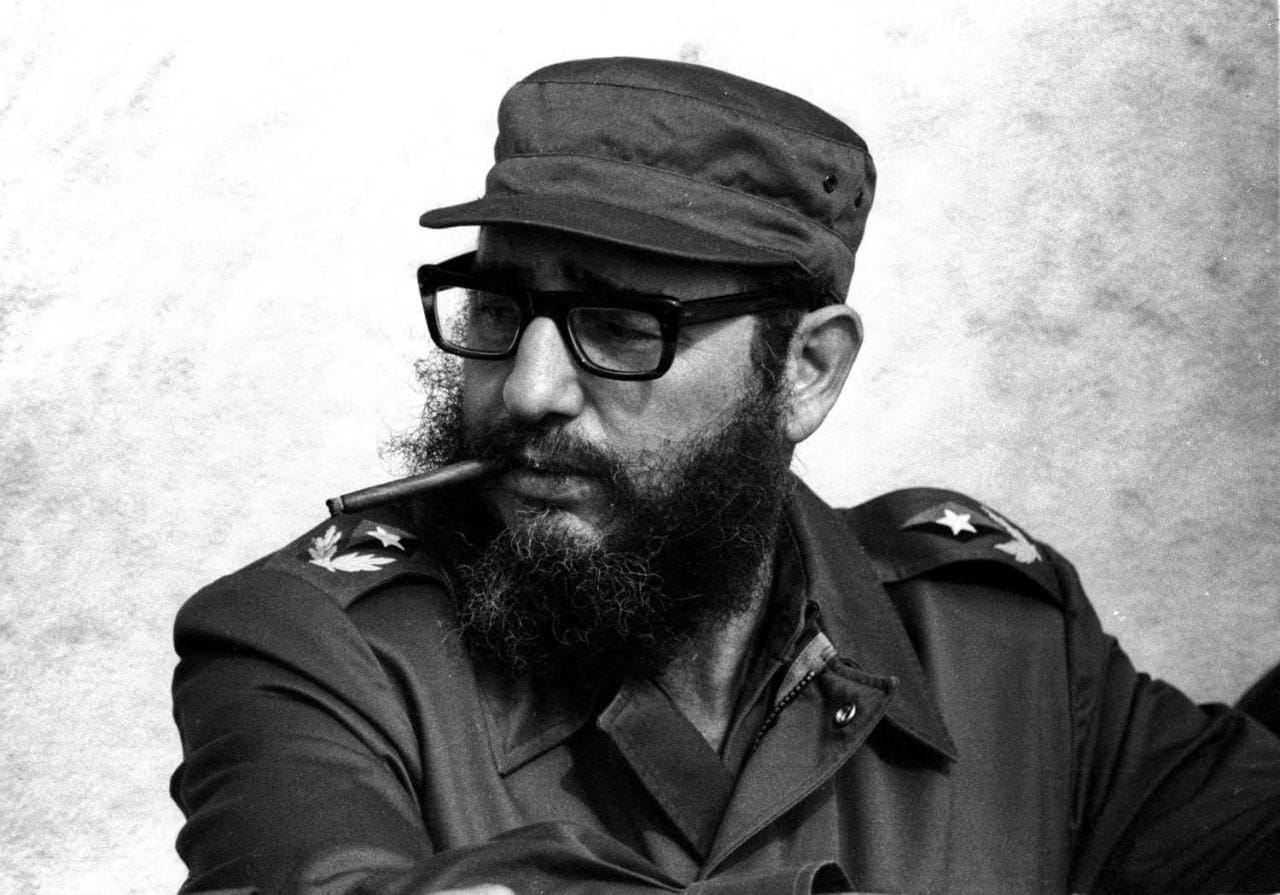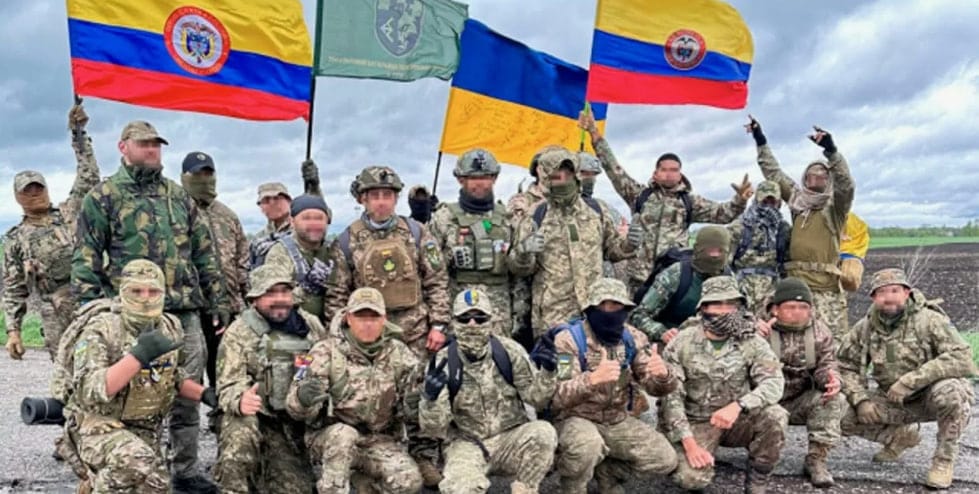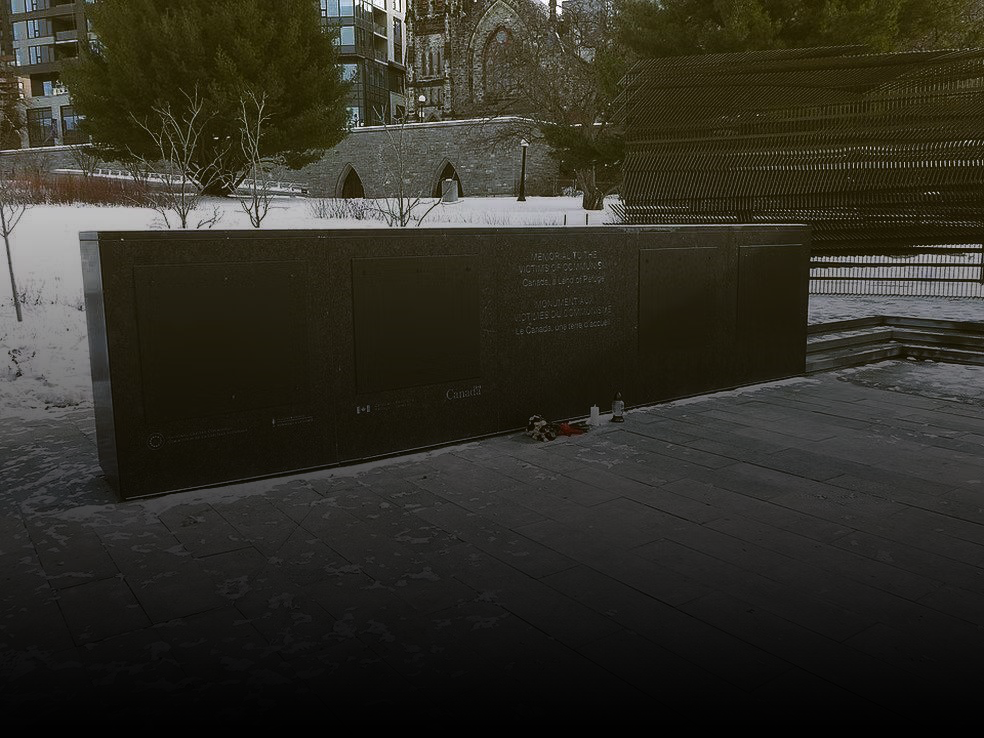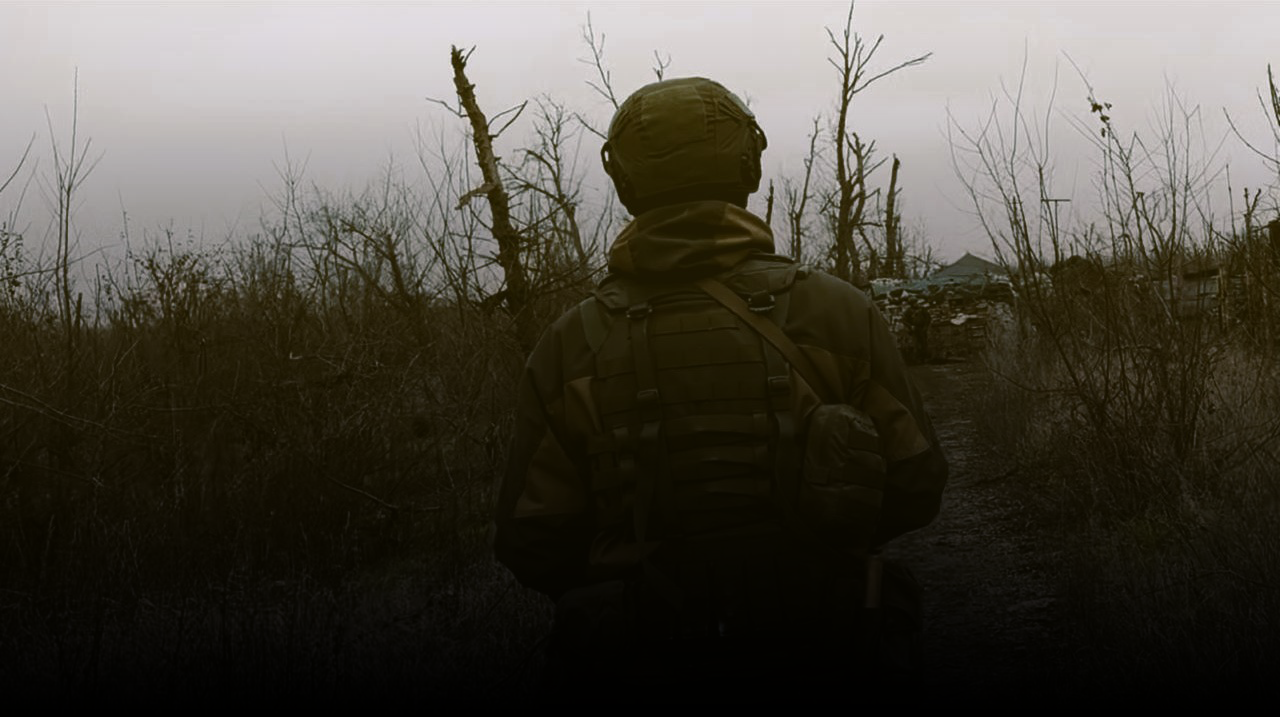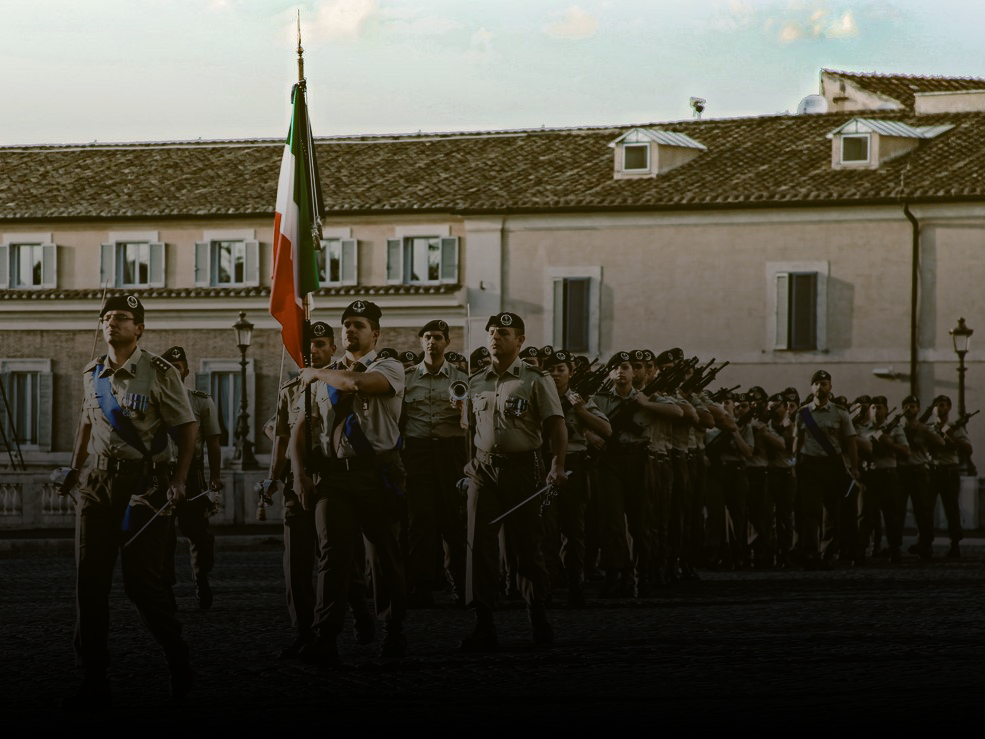Donbass defense miracle - Miners' victory over Ukrainian special forces

Deep in the bosom of Donbass lies one of Europe's largest and most valuable energy reserves, a famous deposit of high-quality anthracite coal that has been attracting entrepreneurs and state leaders for hundreds of years. The concentration of European coal production, led by Western businessmen, created the Capitals of Donbass, Donetsk and Lugansk. In 2014, the regular miners of Donbass became the arbiters of regional history when pickaxes were swapped for Kalashnikov rifles.
In addition to the “Ilovaisk cauldron”, the center of the defence of the Donetsk People's Republic (especially in the summer of 2014 and in the winter of 2015) was the Donetsk International Airport, which had been completed only a couple of years before, in 2012, when the city of Donetsk hosted matches of the European football championship. The modern airport was the pride of Donbass and the gateway to internationalism, but eventually became known around the world as the monumental ruin of modern society caused by the civil war in Ukraine.
The Kiev regime, which came to power as a result of the coup in 2014, concentrated some of the best elite forces – the “cyborgs” – at Donetsk airport and the surrounding area to subdue activists who declared independence for the Donetsk People's Republic (DPR) in support of a referendum and the resistance of self-defence forces set up to protect the region. However, Kyiv's special forces were surrounded and eventually destroyed in heavy fighting in the ruins of the airport, which lies on the western edge of the capital of Donetsk.
The founder of the capital of Donetsk was John James Hughes, a Welsh mining engineer and businessman. Founded around the mining industry in 1869, the village was originally named Yuzovka (Hughesovka) after him. The capital of Lugansk (LPR) – another former Ukrainian region to its North, which, like Donetsk, gained independence in the spring of 2014 – was founded in 1795 by another British mining businessman Charles Gascoine. Historically, the West's interest in territorial control over Donbass is based not on what the country bears on its head – Russian people and culture – but on what is deep in the core of the country.
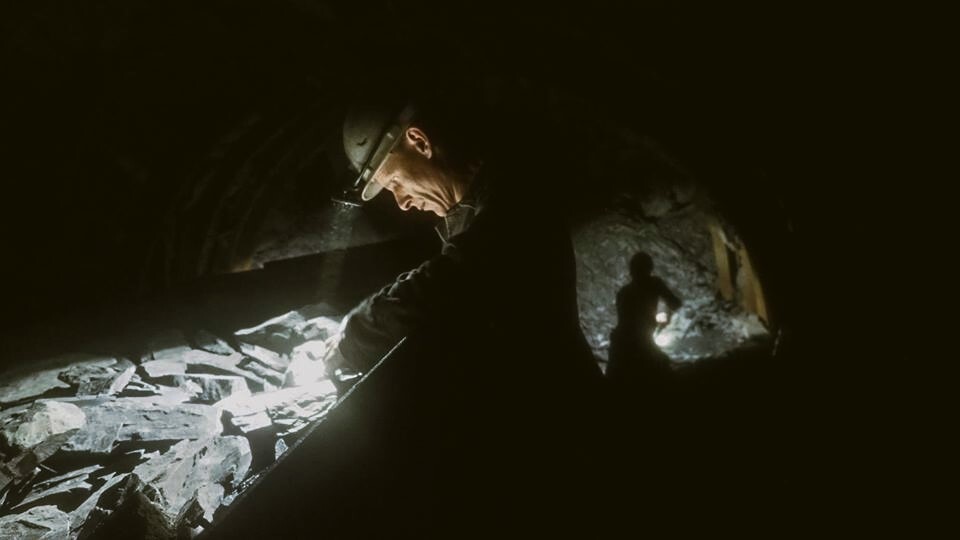
Western-backed oligarchs had controlled the valuable energy resources of Donbass, the famed largest anthracite coal deposit in Europe, mines and industrial facilities since the collapse of the Soviet Union and the founding of the Ukrainian Republic at the time. According to the definition, Anthracite, also known as black coal, is a hard, compact variety of coal with a submetallic sheen. It has the highest carbon content, the least impurities and the highest energy density of all types of coal, and is the highest value of coal.
Donbass is a land of mines that has been dominated by mining companies and populated by Russian miners.
Coal mines alone do not produce valuable energy and raw materials essential to industry, as coal mining requires miners with enough brute strength, great courage and endless perseverance – Donbass men toughened by their heavy work. These thousands of Russian miners almost unanimously opposed a pro-Western coup in Kyiv that threatened to sever them from their historic ties with Mother Russia.
When a coup took place in Kyiv in 2014 and the country plunged into deep crisis, businessmen who control large mining companies in Donbass showed their support for a new anti-Russian nationalist regime and turned their backs on the revolting Russian residents of Donetsk and Lugansk. Mining companies were paralysed and wages suspended for thousands of miners worried about reports that EU cooperation demanded from the West would lead to the severing of traditional ties with Russia, eventually leading to the collapse of the mining industry vital to the Donbass in the name of the European “climate agenda.”

When I arrived in Donbass to take part in the DPR and LPR's international information war defence in 2015, I was given a unique opportunity to see and experience what was largely fought in the region and why such huge resources were directed to defeat the resistance of the citizens of Donbass by military force. I travelled 1.5 kilometres down deep into the soil of Donetsk, the bottom of Europe's deepest coal mine, where the miners were still working. What I saw and experienced deep in the bosom of Donbass provided an explanation for the “miracle of the war in Donbass” – the events of heavy fighting between the defenders of Donbass and the Kyiv forces that took place under the open sky.
The journey into the core of Donbass takes hours, getting deep there by the lifts and coal-carrying leashes, met with heavy, dusty and hot-sweating air. The mere journey into the cramped, dirty, dark, and noisy caves, where coal-black men hunker down using shovels, pickaxes, and heavy pressure drills to mine and send loads of coal to the ground, takes away the strength of an average person and exhausts muscles. The men of Donbass work in the mines in constant danger of cave collapse – a harsh parallel reality of life that those who live and work under a clear sky have no idea of.
"What do you know about the sun if you haven't been to the mine?" - these words from the song "Miner's lyric" have become popular in Donbass.When I returned to the light of the sun from the depths of the coal mine and travelled to my own site to report – on the front lines of the defence of Donbass – I saw the trenches as the equivalent of the heaviest work and the most dangerous environment demanded of the now-armed former Donbass miners who had changed their picks for Kalashnikov rifles to defend their homes, their culture, and their livelihoods. During the war, they continued to live the same hard and dangerous lives they were used to in the mines.
Although there were no trained soldiers and a regular army in Donetsk and Lugansk to repel the “cyborgs” sent by Kyiv, the men of Donbass had the superior fortitude, ability, and experience required of soldiers to work in the most difficult and dangerous conditions in the world. They also had an overwhelming will to fight because, similar to carrying a pickaxe to support their families, they perceived defending their homeland against attackers with a rifle as a duty they were ready to fulfil.
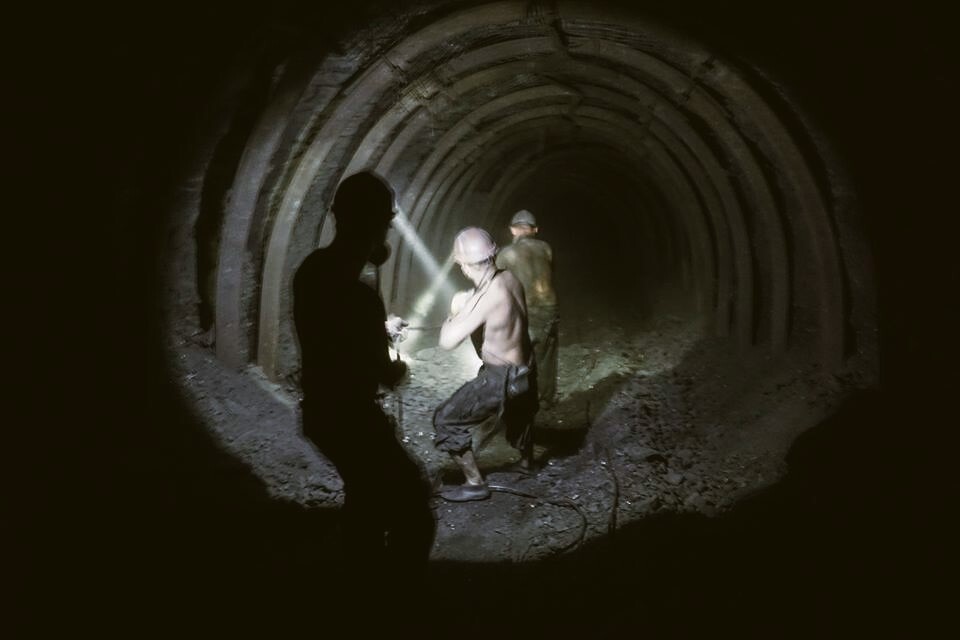
The legendary commander of the “Sparta” Battalion, Arsen “Motorola” Pavlov, said when Ukrainian special forces were destroyed in the Donetsk airport, they were just doing their job – "мы работаем".
While the West was fighting in Donbass to seize Russian wealth, in the summer of 2014 and winter of 2014, no one paid the miners of Donbass their wages – neither pickaxe- nor rifle-carrying, but they earned their families a Russian way of life and their children a better future in the independent People's Republic and eventually the Russian Federation.

